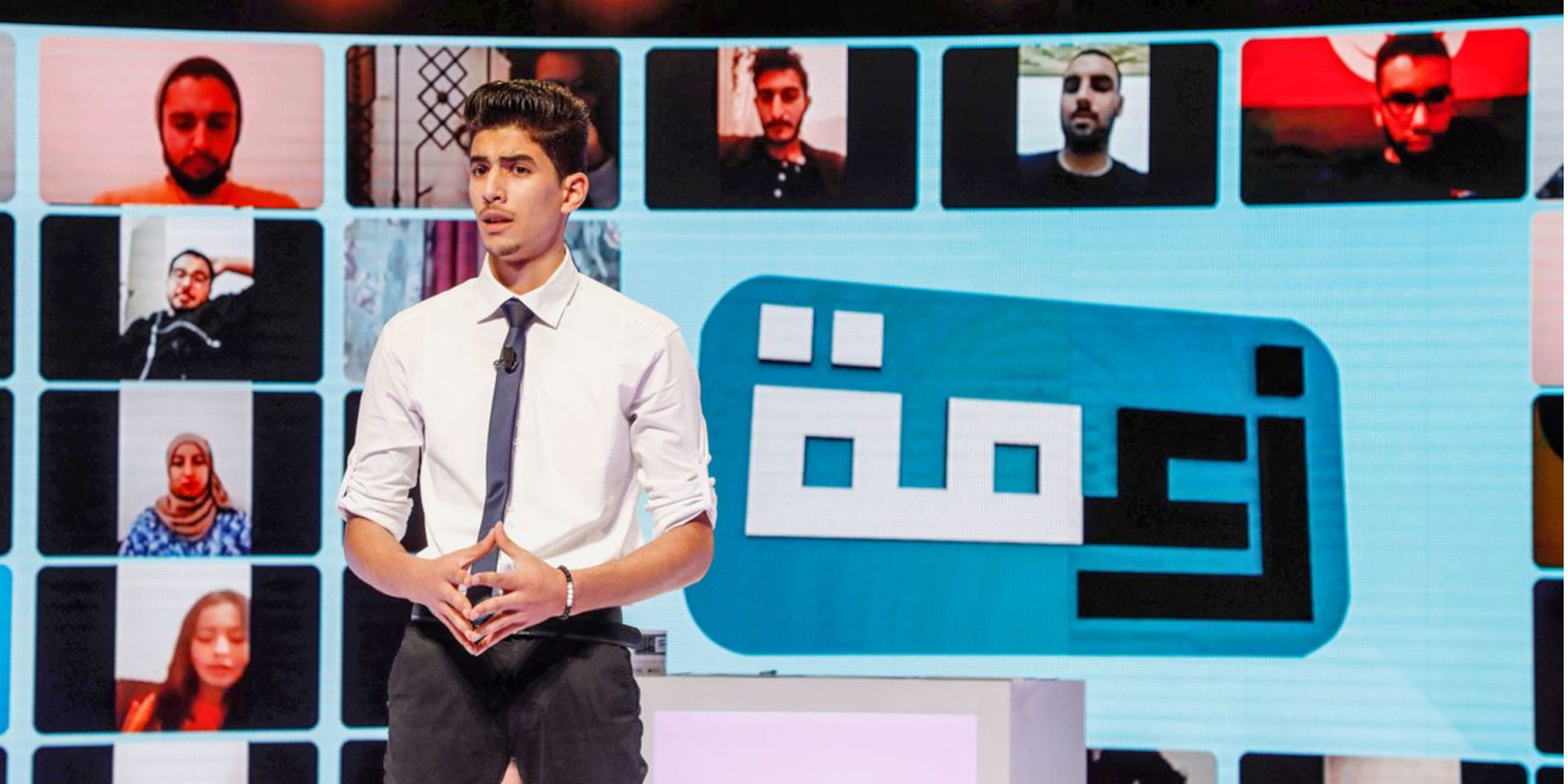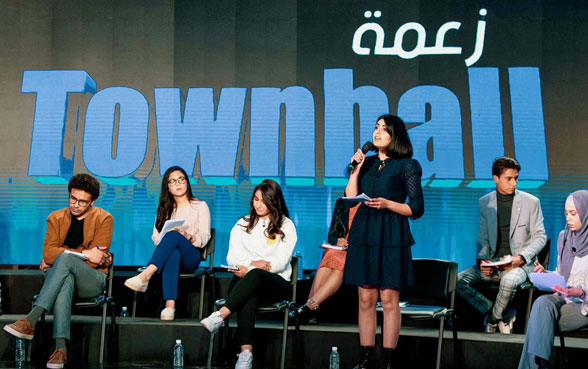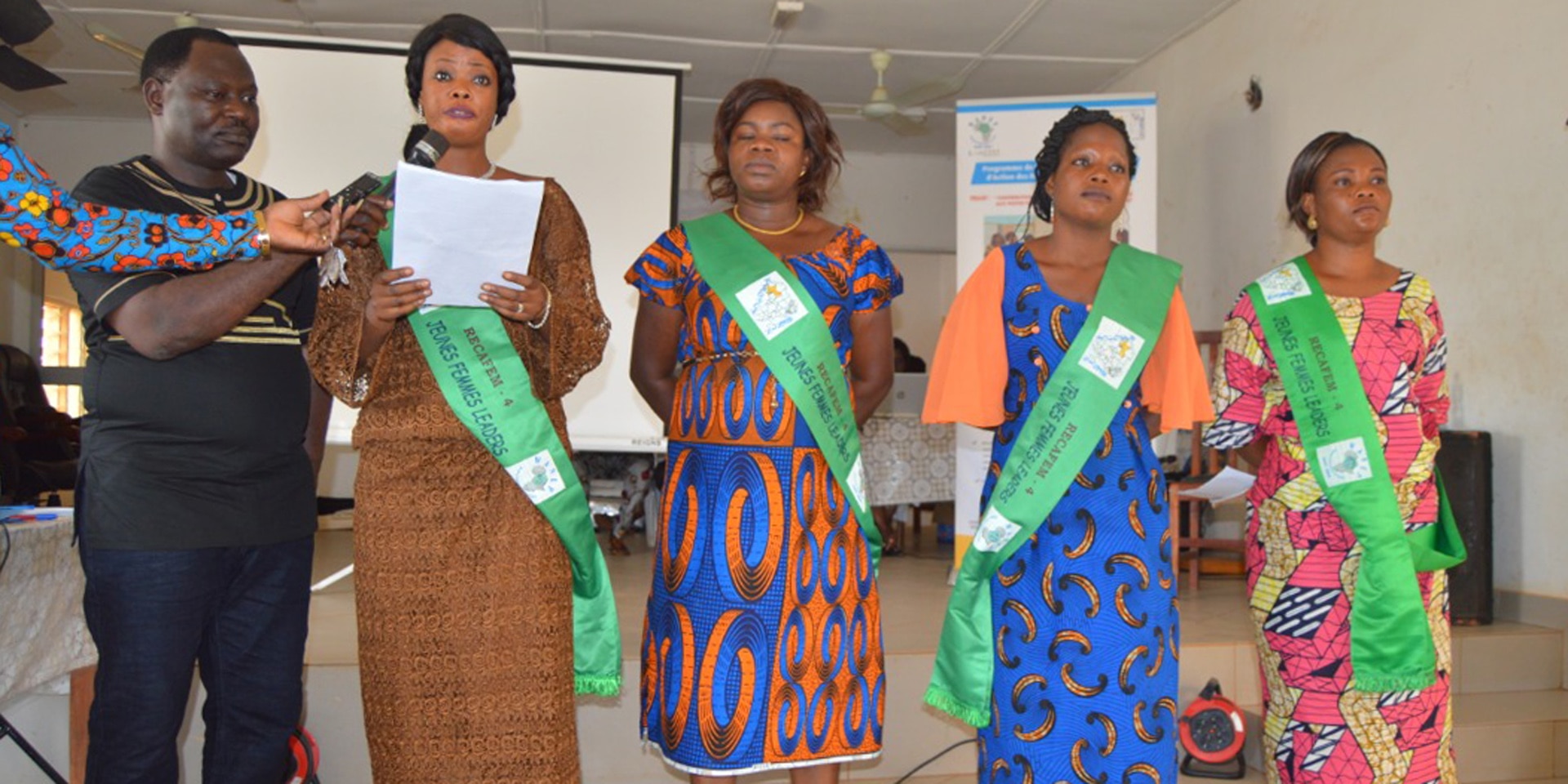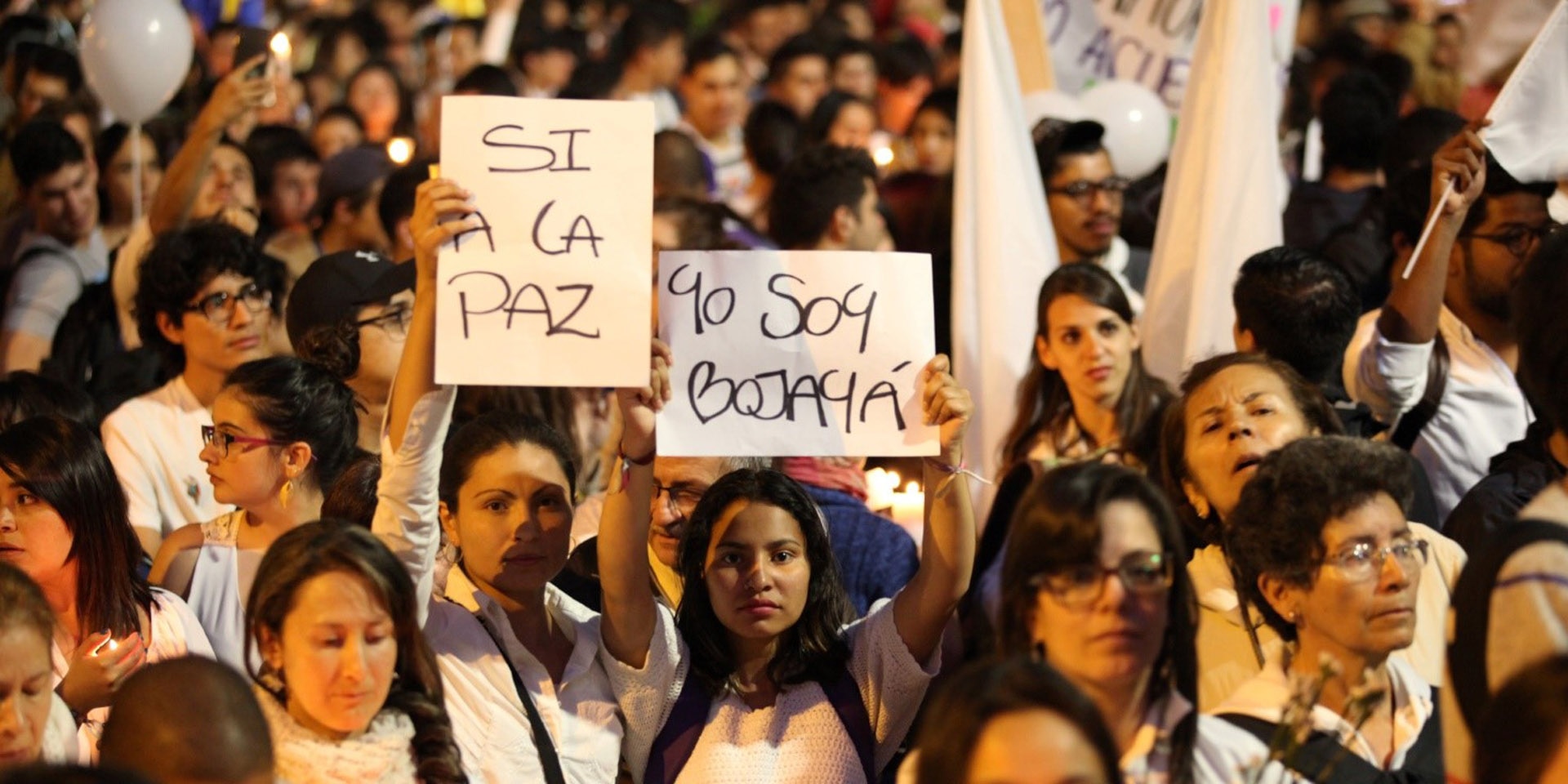An inclusive culture of debate
The Debating Our Destiny project, which is being supported by the SDC in the Arabic-speaking world, gives young people, women and marginalised groups a voice and helps them to be heard. The goal is to empower these groups to actively participate in the political and social discourse.

The informal online programme Jeel Al Jay, which is directed by young journalists, aims to promote freedom of expression, especially for under-represented population groups. © Munathara Initiative
"You can simply walk 100m from this studio in any direction to a grocery store or kiosk and buy rolling paper. Who imported it? Who distributed it to the 35,000 shops in the country? It is hypocritical to arrest people for consuming drugs, throw them in jail and then let them off only to immediately arrest them again for the same reason," protests Ghazi Mrabet, a Tunisian lawyer and human rights activist. He was speaking at a debate in his country on the need for reforming Law 52, which prohibits the consumption of narcotics and drugs.
NGOs criticise that the law does not help combat drugs but that it is used as a means of repression. Law 52 was passed in 1992 under the autocratic regime of the then president Zine El-Abidine Ben Ali. Human Rights Watch reports that the law is responsible for one third of Tunisia's prison population and targets mainly young people. NGOs have criticised that the state deals with young people only through repression and police violence. On 30 January 2021, three men were sentenced to 30 years in prison because they smoked a joint in a stadium. The judgment caused an uproar and people were furious. Six weeks later, the topic was discussed during a two-hour public debate involving young people, activists, civil society members, health experts, analysts and academics. The intention was to identify potential solutions and changes to the controversial law.
The debate titled Townhall was organised by the Munathara Initiative, which is supported by the SDC. The organisation is based in Tunis and promotes debate and freedom of expression for young people, women and marginalised groups in the Arabic-speaking world, empowering them to play a more active role in the political, social, economic and cultural discourse. Following the Arab Spring in 2011, there has been a huge upsurge in the culture of debate in the region. All kinds of programmes on political and social issues are shown on television, bringing out different points of view. But many of these programmes are more focused on sensationalism and audience ratings than on journalistic principles.
99 seconds for or against
Debating Our Destiny is a regional project that aims to groom opinion leaders from so far under-represented population groups. It is organised in Tunisia, Morocco, Algeria, Egypt, Libya, Lebanon, Jordan and the Palestinian territories. The Townhall on Law 52 relating to narcotics and drug use was followed by over three million people on social media in Tunisia and over 200,000 in Morocco and Algeria. Last year, debates also took place on the following topics: Do we need a new constitution? Illegal migration, why? Should public institutions be privatised?

An online competition is held for every programme to identify participants for the TV debate. "The candidates must record a speech for or against the topic and upload it on the Munathara website. The videos must not exceed 99 seconds," explains Belabbès Benkredda, founder and director of the Munathara Initiative. The quality of the recording must good and there should be a clear line of argument. The two persons who receive the most points from the audience and the jury are invited to the live discussion that is moderated by professional journalists. "Both these persons are given the same amount of speaking time as the politicians," emphasises Benkredda.
Debating workshops for marginalised groups
Trainers at the Munathara Initiative also organise debating workshops for marginalised groups who have no access to the online competition. The participants learn how to express their opinions constructively, how to influence the public debate and respect other opinions. "At the end of each session, young people who want to take part in a television debate can record their 99-second video and upload it," says Benkredda.
Shedy Mimouna took part in such a workshop and felt it was an "enriching and special experience". "I gained a lot of confidence and it was a big step forward for me. I have now become the chairperson of the Moughairoun Society in the coastal town of Monastir, in which I was just a member until now," the young man recalls. "I got a lot of admiration for appearing on television. Today I am part of the Munathara alumni network, which has enabled me to make many friends and broaden my horizons. This experience has changed my life," he says.
Munathara runs campaigns on social media to attract more young people. Before and after the discussions it organises an informal online show called Jeel Al Jay, which is directed by young journalists to support upcoming talent.


